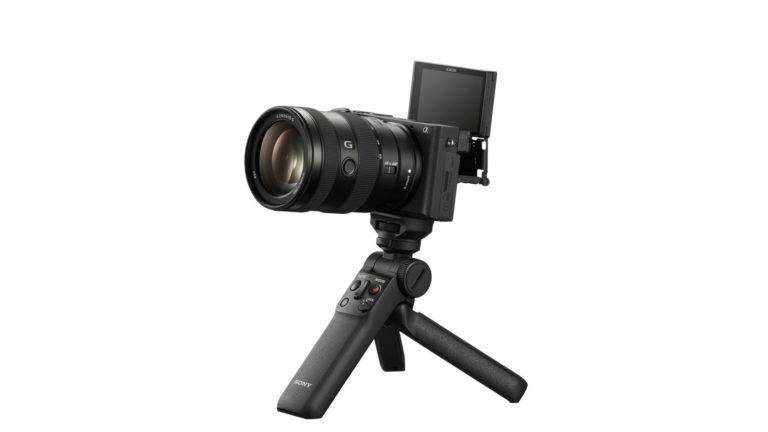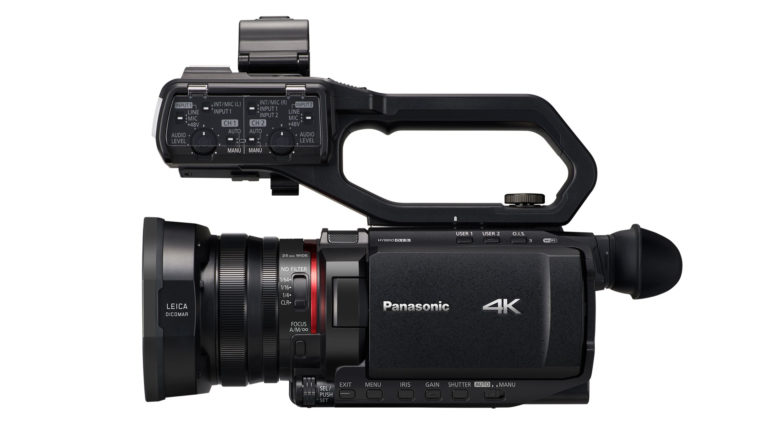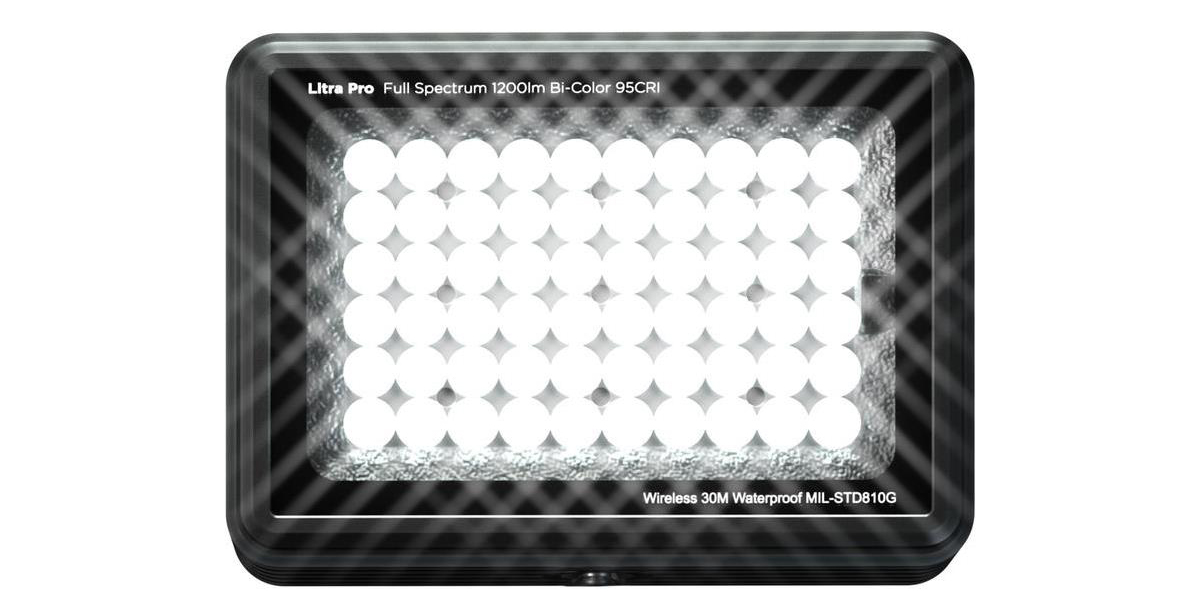Ballhaus has compiled some 100 narrative film credits in Germany and the United States.
“Michael Ballhaus was chosen for this tribute by his peers who are both awed and inspired by the breadth and scope of his artistry,” says Russ Alsobrook, ASC, chairman of the organization’s Awards Committee. “He is an extraordinary artist whose work has entertained and informed countless millions of fans around the world.”
Ballhaus was born in Berlin and raised in the Bavarian region of Germany in 1935. His parents were actors. In 1947, his family moved into a run-down castle that had a stage and rooms for 20 actors, where his parents performed and staged plays. His uncle was Carl Ballhaus, a well-known stage and screen actor.
“I saw every play many times, and also took still pictures of the actors for my parents,” he recalls. “That was my introduction to photography. I had my own little lab. At 17, I saw my first movie being made when I spent a week watching Max Ophà¼ls direct Lola Montà©s. It was fascinating. There was a famous French cinematographer, who didn’t speak German, but I saw that he didn’t need to communicate with words.”
After graduating from high school, Ballhaus worked for a town photographer. In 1958, a television station in Baden Baden, Germany, hired Ballhaus to operate a live electronic camera. In 1960, he teamed up with director Peter Lilienthal to create several narrative films a year for the television station.
Ballhaus worked as an instructor at a new film school in Berlin during the late 1960s while also freelancing. He was just about finished shooting a documentary in Ireland in 1970, when an actor-producer he knew called and asked Ballhaus if he was interested in working with writer-director R.W. Fassbinder.
Ballhaus grasped the opportunity to meet and work with Fassbinder, who was already earning a reputation as “the infant terrible of the New German Cinema.” Within a few days, he was lensing Whity, the first of his 15 collaborations with Fassbinder during a nine-year span. Some of their other joint ventures are now considered classics, including The Marriage of Maria Braun, The Stationmaster's Wife, Fox and His Friends, and Martha. Ballhaus recalls that his relationship with Fassbinder was often stormy.
“He pushed me to do the impossible and I tried to find ways to do it,” Ballhaus recalls. “I also learned about the importance of films having a visual rhythm. We never had more than 20 people working on his films, including the actors and crew. I learned to encourage and accept ideas from my crew while working with him.”
Lilienthal brought Ballhaus to New York to shoot Dear Mr. Wonderful in 1982. It was the cinematographer’s first project in the United States with an American cast and crew. The production designer was Jeffrey Townsend, who showed John Sayles the movie’s dailies. That led to his 1983 collaboration with the director on Baby It's You.
Ballhaus subsequently shot another 35 films with other American directors, including seven with Martin Scorsese, beginning with After Hours in 1985. He has also collaborated with James L. Brooks, Mike Nichols, Francis Ford Coppola and Australian-born director Peter Yates on U.S. movies, while continuing to make films in Germany.
“Who could have predicted while I was making films at that television station in Bavaria that someday I would be working with great artists like Fassbinder and Marty Scorsese, or that my friends in ASC would honor me this way?” Ballhaus asks.
ASC President Daryn Okada observes, “Michael Ballhaus is creating an extraordinary legacy that crosses national boundaries and every imaginable genre, ranging from art house films with minimal budgets to $100 million blockbusters. He shoots dramas, comedies, romance and horror movies with consistent artistry.”
Ballhaus joins a noteworthy group of previous recipients, including Freddie Young, BSC; Jack Cardiff, BSC; Gabriel Figueroa, AMC; Henri Alekan; Raoul Coutard; Freddie Francis, BSC; Giuseppe Rotunno, ASC, AIC; Oswald Morris, BSC; Billy Williams, BSC; Douglas Slocombe, BSC; Witold Sobocinski, PSC; Miroslav Ondricek, ASC, ACK; Tonino Delli Colli, AIC; and Gilbert Taylor, BSC. He is the first German recipient of the international award.
For information about the 21st Annual Outstanding Achievement Awards, call 323-969-4333 or visit
Did you enjoy this article? Sign up to receive the StudioDaily Fix eletter containing the latest stories, including news, videos, interviews, reviews and more.









Leave a Reply